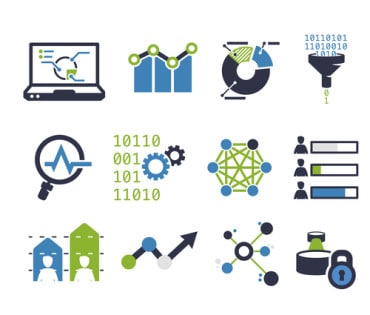
Free Report: Download this white paper and learn how cognitive computing can help with enhanced call center customer satisfaction and make a call center’s agents happier.
The success of a company depends a lot on customer satisfaction, ratings on social media and brand reputation. This report shares how cognitive computing can help with enhanced customer satisfaction and relieve stress felt by agents, leading to longer employee retention rates. When agents are required to determine the state of mind a customer is in when they phone their call center, it is often difficult for agents to make the right choices about what to say in their responses.
The wrong answers can escalate a customer service call from bad to worse. This leads to many agents leaving after around 3 years or less, resulting in high recruitment and training costs for a company. However, a cognitive science service can quickly and easily understand a caller’s emotional state, share this with the listening agent and suggest better approaches to help the customer move from a negative state of mind into a more positive state, allowing the customer to listen to solutions and end the phone call feeling more satisfied with the outcome.
Feeling what you really mean on the phone
Cognitive computing systems can recognize the sentiment behind a caller’s words in real-time and help agents to respond in a more effective manner. The ability to convert upset customers into neutral or happy customers during a phone call helps lead to better customer retention for a company. It also aids in stress reduction for agents, which helps stop employees from feeling burned out.
Overall, cognitive systems are more skilled than humans at making complex, real-time decisions on a daily basis, over and over again. By taking over the urgent work, cognitive systems allow human agents to focus on the important work, which is first-call resolution when it comes to call-centers.
Cognitive computing services for contact centers also extracts valuable data about customer interaction. When analyzed, this information can provide insights that improve the customer experience by predicting churn, coaching agents to provide a personalized experience, and identifying what actions to take in order to prevent customers from having to call in the first place
In the near future, cognitive computing-based customer service will become a make-or-break factor for success in a fast-paced, competitive business environment.
Fill out the form below to download this Cognizant white paper:



























